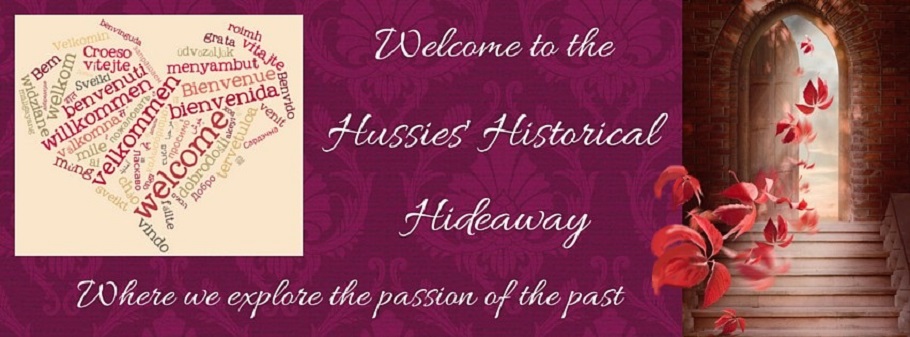
People are always interested in where writers get the inspiration for their stories. For me the ideas can come from anywhere. The idea for "To Catch A Husband" grew out of living on the Yorkshire/Lancashire border and being surrounded by old mills. The small mill towns around me are still full of reminders of the past, the small stone houses with their rows of upstairs windows, giving light into the room where the weaving would be done. The loom would clack away throughout the daylight hours weaving cloth and providing a living for the family, the Piece Hall in Halifax where the cloth merchants used to bring their cloth (or "pieces") to sell,. and Quarry Bank Mill just south of Manchester, now a fascinating museum with working machinery that shows just how tough (and noisy) life in the mills was in the 18th and 19th centuries.
For my next book, "The Dangerous Lord Darrington", inspiration came when I was staying with a friend in Sussex and she took me to see Michelham Priory pictured above).
We went to see it on a sunny summer's day, but I immediately imagined what it would be like to approach this ancient building on a dark and stormy night and have the steeply gabled roof towering over you. I wasn't planning to write a gothic novel, but I did think it would be a splendid setting for a mystery.
I decided to set my own house, the Priory, in the wilds of Yorkshire. In the opening scenes of the book, Guy Wylder (Lord Darrington) brings his wounded friend to the house on a wet and windy evening, when the house looks at its most gloomy and menacing. Then, in the dark reaches of the night he hears strange noises and uncovers a family secret.
Of course, the house is also the family home of my heroine, Beth Forrester, so it is not really as dark and threatening as it first appears, but the first images give the story a terrific impact and set the scene for a fast-paced adventure that sees Beth and Guy thrown together in a desperate search for justice.
Forrester, so it is not really as dark and threatening as it first appears, but the first images give the story a terrific impact and set the scene for a fast-paced adventure that sees Beth and Guy thrown together in a desperate search for justice.
But, as I said at the beginning, inspiration can come from anywhere. I recently had a great holiday on Exmoor, which has provided me with ideas for my next couple of books…..watch this space!
For my next book, "The Dangerous Lord Darrington", inspiration came when I was staying with a friend in Sussex and she took me to see Michelham Priory pictured above).
We went to see it on a sunny summer's day, but I immediately imagined what it would be like to approach this ancient building on a dark and stormy night and have the steeply gabled roof towering over you. I wasn't planning to write a gothic novel, but I did think it would be a splendid setting for a mystery.
I decided to set my own house, the Priory, in the wilds of Yorkshire. In the opening scenes of the book, Guy Wylder (Lord Darrington) brings his wounded friend to the house on a wet and windy evening, when the house looks at its most gloomy and menacing. Then, in the dark reaches of the night he hears strange noises and uncovers a family secret.
Of course, the house is also the family home of my heroine, Beth
 Forrester, so it is not really as dark and threatening as it first appears, but the first images give the story a terrific impact and set the scene for a fast-paced adventure that sees Beth and Guy thrown together in a desperate search for justice.
Forrester, so it is not really as dark and threatening as it first appears, but the first images give the story a terrific impact and set the scene for a fast-paced adventure that sees Beth and Guy thrown together in a desperate search for justice.But, as I said at the beginning, inspiration can come from anywhere. I recently had a great holiday on Exmoor, which has provided me with ideas for my next couple of books…..watch this space!
Sarah Mallory






